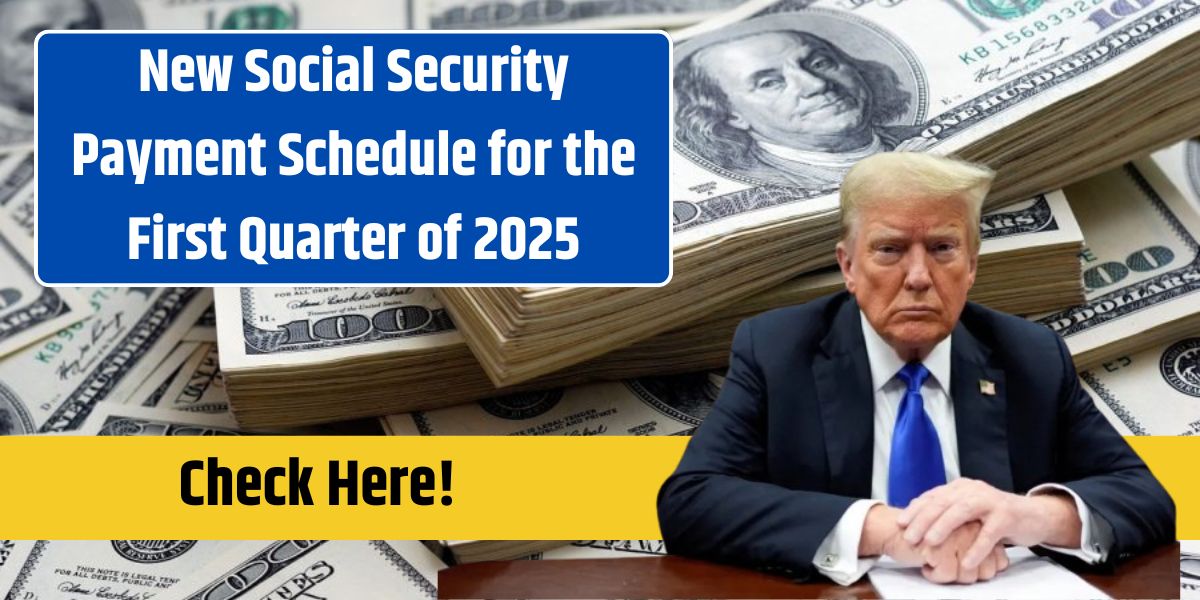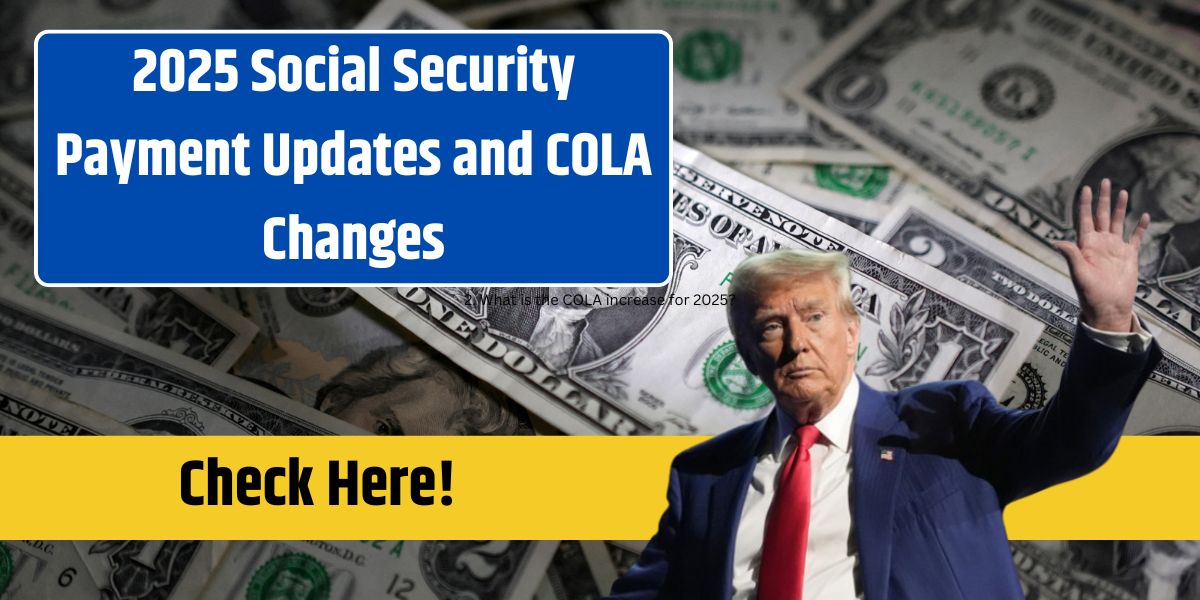A new push to expand Social Security payments in the United States is gaining momentum, as the House of Representatives has passed legislation that could restore full benefits to millions of Americans. However, the bill now faces a significant hurdle in the Senate. With bipartisan support in the House, the proposal marks a major step forward in addressing longstanding inequities in the Social Security system, but its future remains uncertain.
What the Legislation Proposes
The proposed bill seeks to repeal two key provisions—the Government Pension Offset (GPO) and the Windfall Elimination Provision (WEP)—that currently reduce Social Security payments for certain retirees. These provisions impact around 2.8 million individuals, including teachers, police officers, firefighters, and other government workers.
Key Points About GPO and WEP:
- Government Pension Offset (GPO): Reduces Social Security benefits for individuals who receive a government pension from work not covered by Social Security.
- Windfall Elimination Provision (WEP): Adjusts the Social Security formula, reducing payments for retirees who also have pensions from non-covered employment.
By eliminating these provisions, the legislation aims to restore full Social Security benefits to those affected, addressing a decades-old issue that many claim unfairly penalizes public sector workers.
Financial Implications
While the bill promises to deliver financial justice to millions, it comes with a significant cost. The Congressional Budget Office estimates that repealing the GPO and WEP will increase government deficits by $195 billion over 10 years.
This raises concerns about the sustainability of the Social Security Trust Funds, which are already projected to face shortfalls starting in 2035. Critics argue that this additional burden could accelerate the depletion of the fund, jeopardizing its long-term viability. Despite these concerns, supporters contend that the reforms address an injustice, as affected workers and their families have paid into the system and deserve the benefits.
Bipartisan Support and Challenges Ahead
The legislation has drawn significant bipartisan support, with 327 votes in favor in the House and 63 Senate sponsors. Chief sponsors in the Senate, Sherrod Brown (D-Ohio) and Susan Collins (R-Maine), are urging quick action, as the current session of Congress is in its final weeks.
However, the bill faces stiff competition for Senate floor time, as lawmakers focus on:
- A mandatory military funding bill,
- Government budget approvals,
- Disaster relief efforts.
If the Senate does not pass the legislation by January 3, the bill will expire, forcing supporters to restart the legislative process in the next session.
Potential Impact on Social Security Recipients
If the measure becomes law, the changes will take effect for payments due after December 2023, offering long-awaited relief to those impacted by GPO and WEP. For many retirees, this would mean a substantial increase in their monthly benefits, providing greater financial stability and addressing years of lost income.
What’s Next?
The legislation now hinges on the Senate’s ability to prioritize and pass it before the end of the session. If successful, President Biden is expected to sign the bill into law, marking a significant win for Social Security reform advocates. Failure to act in time, however, will mean the legislation expires, and proponents will have to navigate a new congressional landscape in 2024.
Millions of Americans stand to benefit from this long-overdue reform, but challenges related to fiscal impact and a packed legislative calendar pose significant hurdles. The outcome in the Senate will determine whether these changes become a reality or if supporters must continue their fight in the new year.
FAQ:
1. What is the purpose of the proposed legislation?
The legislation aims to eliminate the GPO and WEP, which currently reduce Social Security benefits for certain government workers and their families.
2. How many people are affected by these provisions?
Approximately 2.8 million Americans are impacted by GPO and WEP.
3. What is the financial impact of the proposed changes?
The Congressional Budget Office estimates a $195 billion increase in government deficits over the next decade.
4. What happens if the Senate does not pass the bill by January 3?
The bill will expire, and supporters will need to reintroduce it in the next congressional session.
5. When would the changes take effect if the bill becomes law?
The changes would apply to Social Security payments due after December 2023.





















